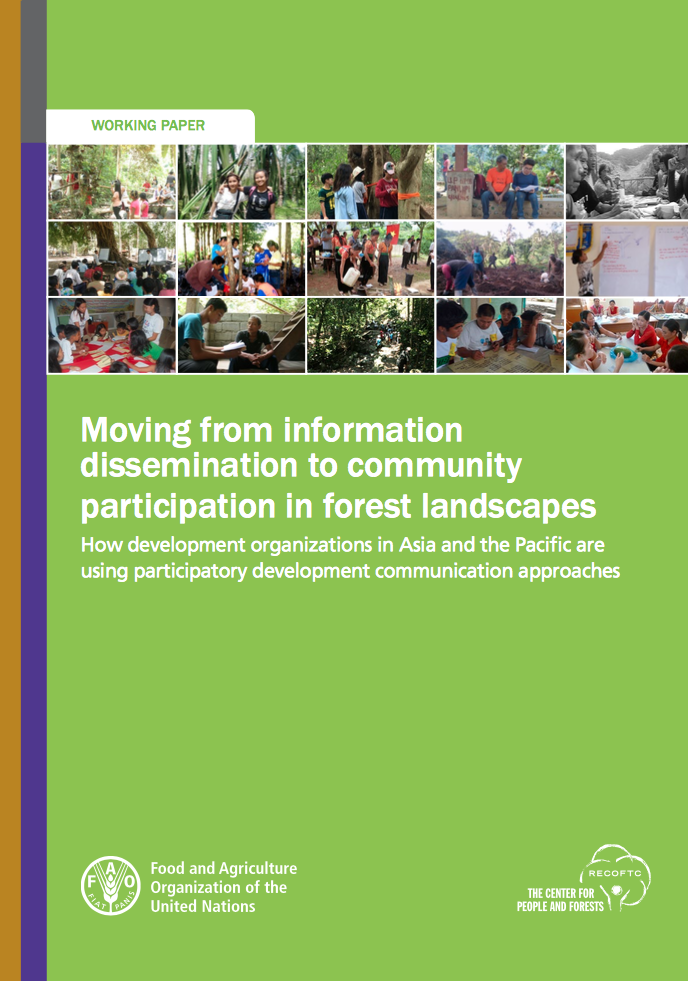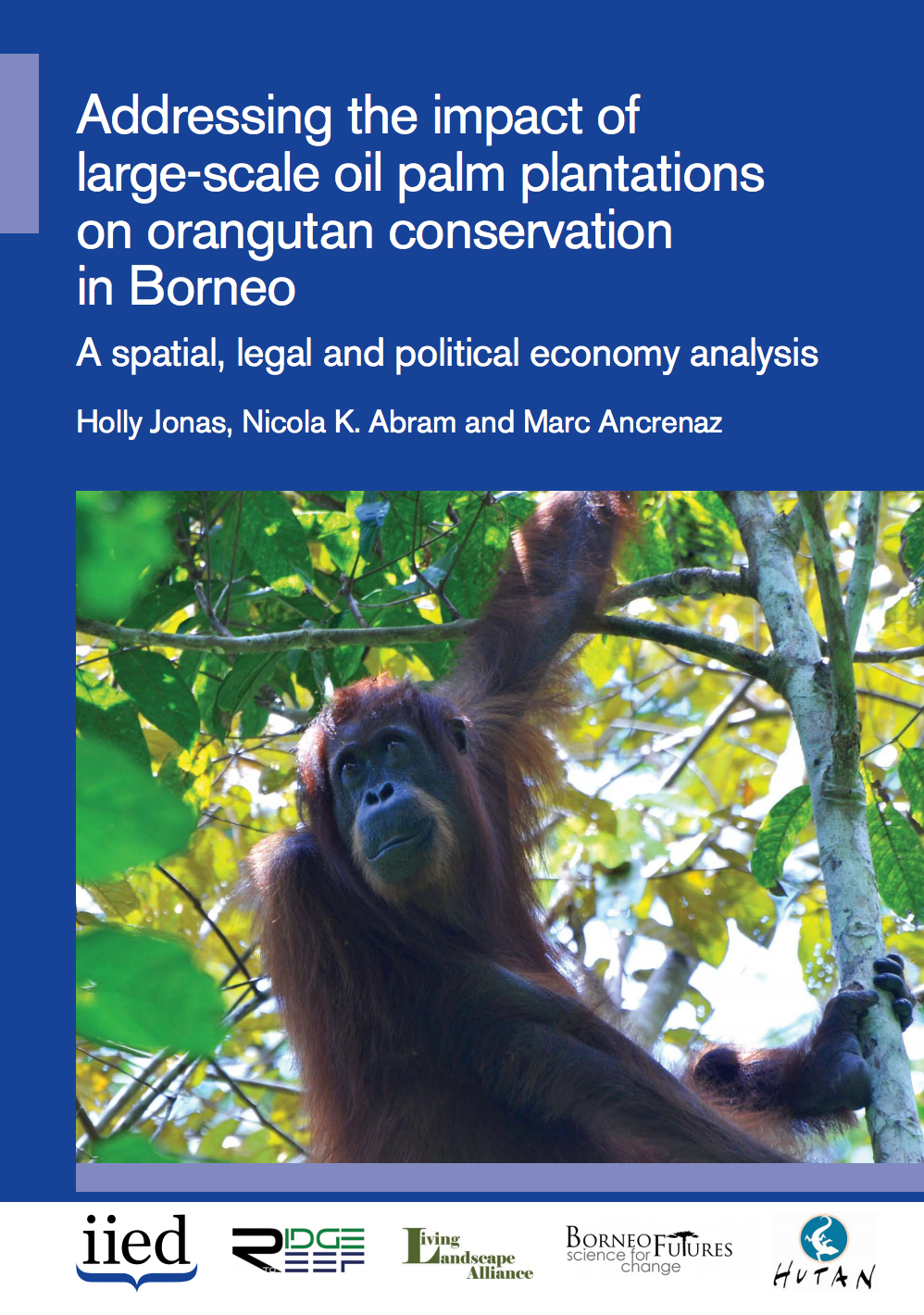Details
Location
Contributions
Displaying 491 - 500 of 2403Have we had enough? (OPINION)
Global population is projected for a rise from the present tally of about 7.1 billion to over 9 billion around 2050. This translates into an annual demand of over one billion extra tonnes of extra cereals and 200 million tonnes of livestock products, which means more aggressive agricultural expansion. Is this a problem? There are two ways to view it: we will need to produce more food and more importantly, produce more nutritious food. The latter has lately been a key challenge in the global food sector: eradicate hunger with high-quality food (Sustainable Development Goal 2).
World Bank lauds Madagascar for its land reform
(Ecofin Agency) - Launched in 2005 with a financial support from the World Bank, Madagascar’s land reform has yielded satisfying results, the Bretton Woods institution said on its website.
“Many other countries could follow Madagascar’s example. Actually, various African nations are already showing interest in the Malagasy land reform as it tackles key challenges and provide technical and legal solutions which are reliable and accessible,” explains André Teyssier, land specialist at the World Bank.
Moving from information dissemination to community participation in forest landscapes
Traditionally, in the context of environment and natural resources management, many communication efforts have focused on the dissemination of technical information to end-users who were expected to adopt them. Development practitioners were trying to ‘push’ their products on communities in order to receive community commitment to their development initiatives.
Addressing the impact of large-scale oil palm plantations on orangutan conservation in Borneo: A spatial, legal and political economy analysis
Palm oil is one of the most controversial yet ubiquitous agricultural commodities in the world, used in everyday products ranging from cooking oil and chocolate to toothpaste and soap. Over the past few decades, the palm oil industry has contributed significantly to the economic development of Indonesia and Malaysia, which together produce an estimated 85 to 90 per cent of global supply.
Forbidden fruit: Indonesia palm oil plantations boost security to stop thieves
India's new coastal law threatens Mumbai's ancient fishing villages
Papua New Guinea land activist vows to battle for his people from Britain
Argentina activist missing after indigenous people evicted from Benetton land
Zimbabwe: ZAS official admits agricultural output gone down since land reform
THE Zimbabwe Agricultural Society (ZAS) has admitted agricultural production in the country has been on a downward trend and on Tuesday announced it would introduce a new section aimed at encouraging farmers to improve their yields.
ZAS CEO, Anxious Masuka, told reporters at a press conference in Harare they would launch the Eleven Tonne Plus Club which will celebrate the cream of Zimbabwean farmers who have excelled in maize production.



